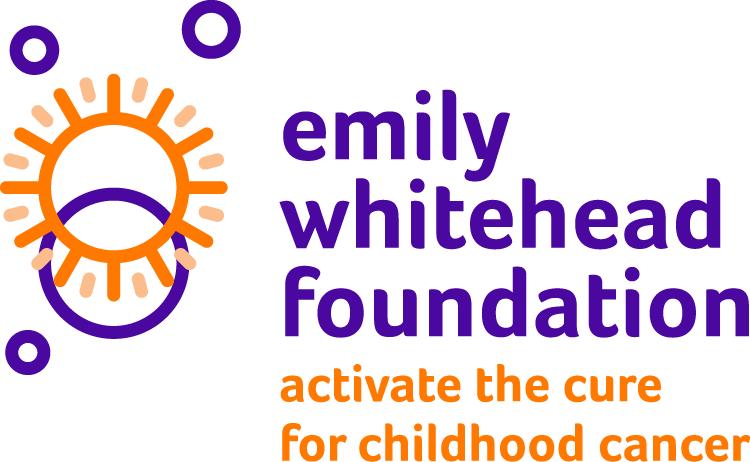Study of Adoptive Cellular Therapy Using Autologous T Cells Transduced With Lentivirus to Express a CD33 Specific Chimeric Antigen Receptor in Patients With Relapsed or Refractory CD33-Positive Acute Myeloid Leukemia
Leukemia
0-9 years 10-17 years 18-26 years 27 years and older
1
 Drug
Drug
Fludarabine, Cyclophosphamide
 Biological
Biological
CD33 CAR T Cell Infusion
Condition: Hematopoietic/Lymphoid Cancer, Acute Myeloid Leukemia (AML)
The goal of this clinical research study is to learn about the safety and tolerability of 3 different doses of CD33-CAR-T cells (referred to throughout the consent as “T-cells”) in patients who have CD33-positive acute myeloid leukemia (AML) that is relapsed (has come back) or refractory (has not responded to treatment).
CD33-CAR-T is made by genetically modifying (changing) your T-cells (a type of white blood cell). T-cells are genetically changed to help target leukemia cells.
This is an investigational study. CD33-CAR-T is not FDA approved or commercially available. It is currently being used for research purposes only. The study doctor can explain how the study drug is designed to work.
Up to 39 participants will be enrolled in this study. All will take part at MD Anderson.
Sponsor/Collaborators:
M.D. Anderson Cancer Center, Intrexon Corporation, Ziopharm
